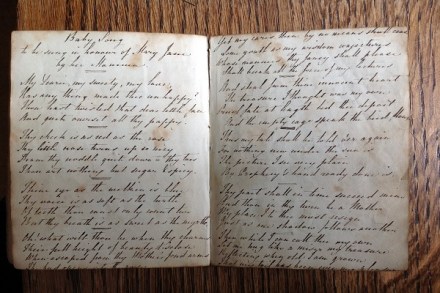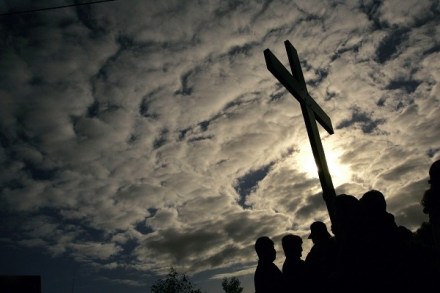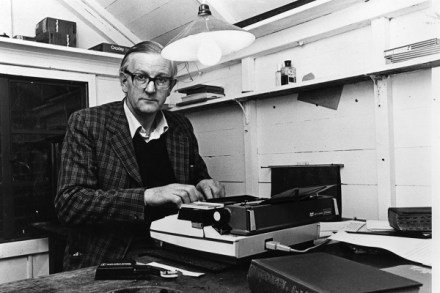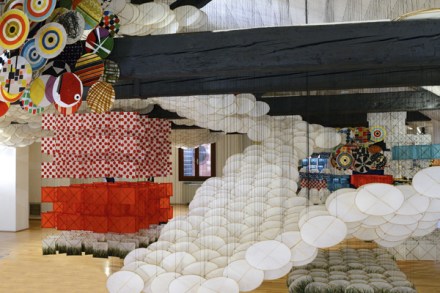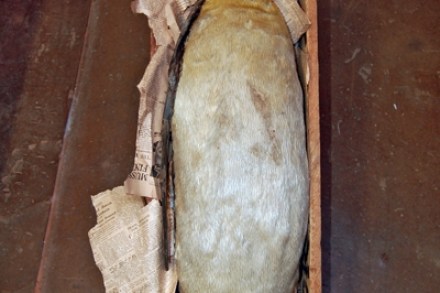Herzog at the BFI: Mad men in the rainforest
More from Arts‘I am the wrath of God. The earth I pass will see me and tremble.’ Not my words, Mr Speaker, but those of demented conquistador Klaus Kinski in Werner Herzog’s electrifying Aguirre, der Zorn Gottes (1972). Now back in cinemas nationwide in a restored print that makes its rainforest setting a real feast for the













